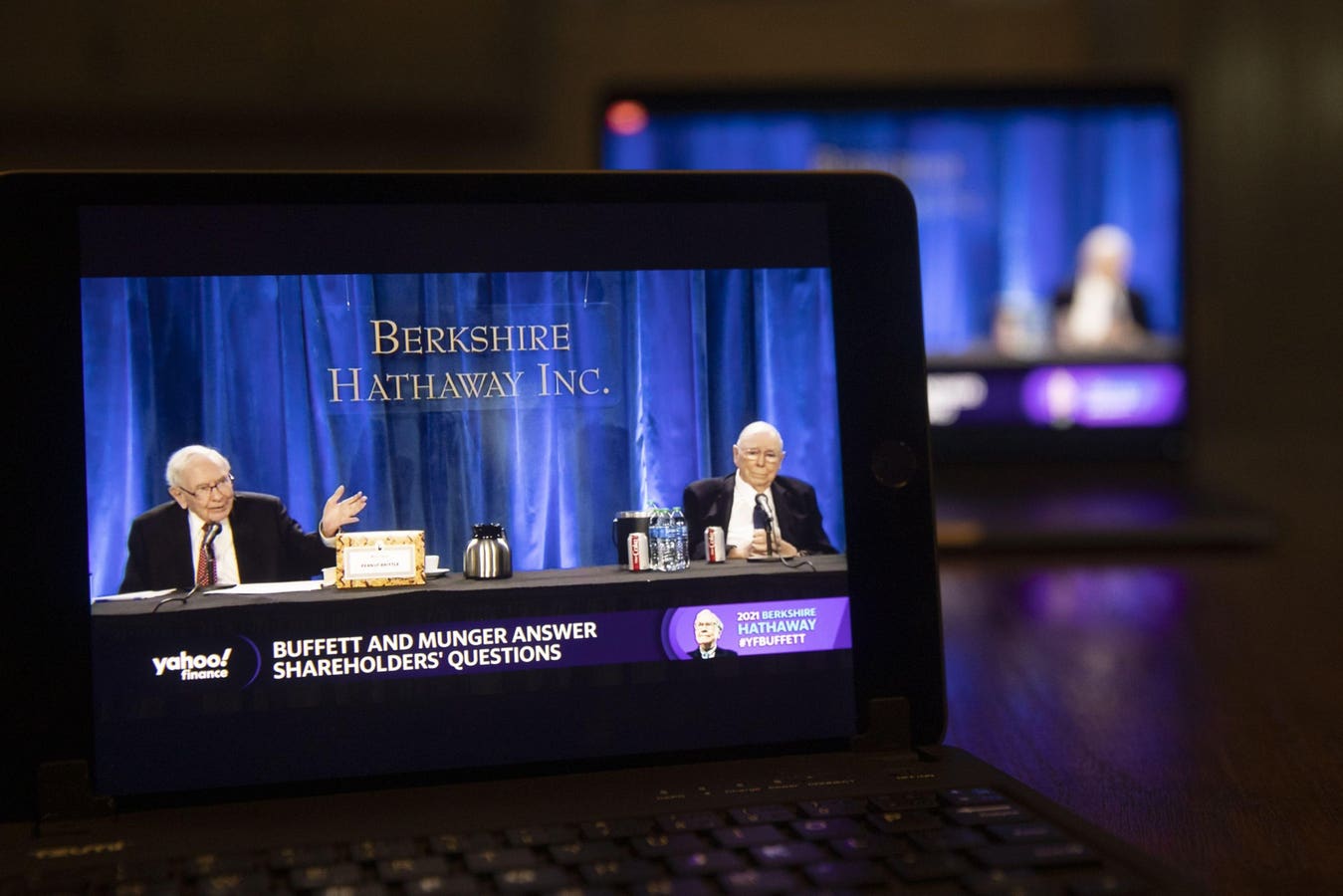Come gather ‘round people
Wherever you roam
And admit that the waters
Around you have grown
And accept it that soon
You’ll be drenched to the bone
If your time to you is worth savin’
And you better start swimmin’
Or you’ll sink like a stone
For the times they are a-changin’
In a previous post, I pointed out that the legendary investor Warren Buffett is on the wrong side of history and getting lonelier there by the day in his refusal to do any corporate reporting on climate. His company is on a global list of 167 companies compiled by Climate Action 100+ (a coalition of 575 investors with $54 trillion in assets under management) as the largest corporate emitters of greenhouse gas emissions in the world. The waters are growing around you, Mr. Buffett, and soon you could be drenched to the bone.
I politely suggested that he change his mind and vote at the company’s annual shareholder meeting in support of vote in favor of a shareholder proposal submitted by the California Public Employees Retirement System (CalPERS), Federated Hermes, and Caisse de dépôt et placement du Québec (CDPQ) which requests “that the board of the Company publish an annual assessment addressing how the Company manages physical and transitional climate-related risks and opportunities, commencing prior to its 2022 annual shareholders’ meeting.” This is a more formal way of sayin’ the time has come to start swimmin’ in another direction in order not to sink like a stone. For the times they are a-changin’.
At Berkshire Hathaway’s shareholder meeting on May 1, 2021 Mr. Timothy Youmans, Lead-North America, EOS at Federated Hermes, formally presented his group’s proposal. He noted that “For well more than a year, the parent company has been unresponsive to the co-sponsors’ request to discuss the parent company’s lack of climate-related financial disclosures.” As a writer and critic he rightly pointed out the flaw in the company’s argument that such reporting could not be done at the company level because of its claim that it is “unusually decentralized” with “few centralized or business functions.” But there must be a reasonable degree of centralization to keep track of the financial results of its 60 subsidiary companies, of which only 15 provide any kind of sustainability report, most of which are minimalist at best. Adding a few staff at the corporate level to do this would be an easy thing to do for a company that has more than $100 billion in cash equivalents. Then there’s the obvious fact that shareholders own stock only in the parent company, not in any of these subsidiaries.

Warren Buffett, Chairman and CEO of Berkshire Hathaway, takes a sip of Cherry Coke during a game of bridge following the annual Berkshire Hathaway shareholders meeting in Omaha, Neb., Sunday, May 5, 2019. (AP Photo/Nati Harnik) | ASSOCIATED PRESS
Mr. Youmans did not speak too soon as is evident from the shareholder vote. After adjusting for Mr. Buffett’s insider shares, the vote was more than one-third in favor and less than two-thirds against. Mr. Buffett should not take too much comfort in that. The vote in favor is about three times what it was for an environmental proposal in 2018. The trend is clear—the loser now will be later to win, perhaps very soon. The wheel is spinnin’ and it’s namin’ Mr. Buffett the loser. For the times they are a-changin’.
Mr. Buffett did not welcome this shareholder proposal. When asked about it by Becky Quick of CNBC, who moderated the traditional investor Q&A with Mr. Buffett, he replied that “it’s asinine, frankly, in my view. Now we do some other asinine things, because we’re required to do them.” (See the transcript of the meeting starting at 02:05:37.) Since Mr. Buffett did not specify which of these other asinine burdens are on his company, I’d like to offer my help since I know a few folks in D.C. and would be happy to inform them of his concerns. Do these other asinine requirements include financial reporting (e.g., the 10-K and 8-K), the proxy statement, and the annual EEO-1 report on demographic workforce data, including data by race/ethnicity, sex, and job categories? Speaking of the latter, a shareholder proposal by the NGO As You Sow for greater disclosure for material corporate diversity, equity, and inclusion filed by the NGO As You Sow got a similar vote result as the one for climate reporting.
SUBSCRIBE TO OUR NEWSLETTER
Subscribe our newsletter to receive the latest news, articles and exclusive podcasts every week


